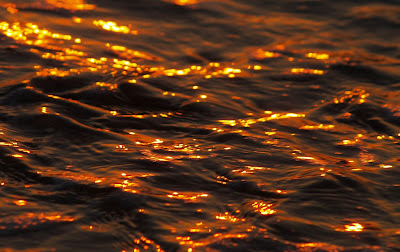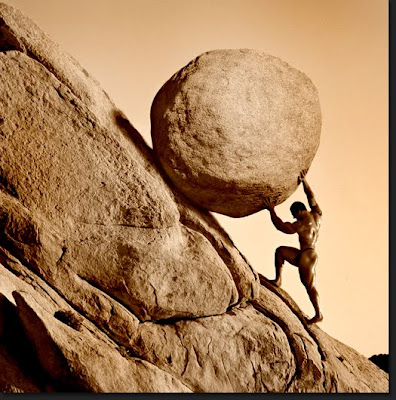Paul asked a challenging and intriguing question in this comment thread, which I felt deserved a longer response: How do I, as a priest, assess whether and how far to engage politically, including socio-politically?
I have two principal concerns. First, before I was nobbled by God, I was set upon a political career, and the good Lord made it quite clear to me that this was not the path I was called to follow. My path is in the church, and so any time I start to feel an inclination towards active political engagement lots of bright red alarms start flashing and bells start ringing. Second, the Tesco experience, ie when I spoke out against the setting up of a new Tesco Express on Mersea. I still boycott the store, as part of a personal and essentially private witness, but taken as a whole the experience was (and is) dispiriting. It felt like throwing pebbles at a bulldozer, where the bulldozer wasn’t just the Tesco machine, it was the way in which the community tacitly supported the process, not caring (or not caring to know) why it was wrong. Lots of people who I respect simply thought that I was barking mad to be objecting to it (many even proudly declared their shareholdings in Tesco). It has made me more wary of speaking out; not to the extent of not being prepared to do so again, primarily in realising that I have a limited amount of “outspokenness capital” to use, and it would do no good whatsoever to expend it all tilting at windmills.
These two together became sharp for me when considering the question of Transition Towns. I was involved in the setting up of Transition Island Mersea but took a conscious decision to step back from a direct involvement in running things when it seemed that there were plenty of people able and willing to take things forward. The principal fruit achieved so far was the setting up of the Food, Drink and Leisure festival, which showcased local products. I also believe that the local council has started to take things on board. However, it also seems clear that a great deal is still possible, and the issues are very salient on Mersea because we are so close to Bradwell power station, which is on the list for siting a new nuclear power station. I keep mulling over whether to write some articles about the overall energy situation and possibly, eg, argue for some form of local CHP in the town.
A further factor is the way my thinking has been sharpening up about what exactly the Christian community is called to do in our present context. To that end, it might help to explain, or recap, the context for my recent chewing over of material related to global warming, but which is really rooted in two earlier posts: on being Christian not green and Why bother saving the planet? I feel that the current state of the science with respect to global warming functions as a Rorschach test – people will see in the plethora of data support for conclusions that they already hold. I think that what has happened in me over the last eighteen months or so is a gradual disengagement from some nominally ‘green’ positions in pursuit of a more substantial Christian perspective. In other words, I’ve just been digging deeper to try and get at the roots of the present crisis – with the hopeful consequence of knowing the way forward that much more clearly. I think the time for prevention has passed us by, but there are still many things we can do to ease the pain of the long descent. That way forward still has a great deal in common with the green perspective, but they are not the same.
My thinking at the moment is that the Christian church needs to be strengthened in its understanding of discipleship; to understand that being a Christian is a doing not just a saying; and that this is what the priest/pastor/teacher is called to do. I am not at all arguing that there should be no Christians in political careers – I believe the opposite rather strongly – it is more that the shape of the priestly vocation (perhaps: MY priestly vocation) is becoming clearer to me. I am not called to be engaged in the political sphere in any active sense (though I suspect I probably am supposed to be engaged in a ‘shouting from the sidelines’ sense, what Justin calls the watchman role). I think that the most important thing that a priest can do at this time is enable and strengthen the Body of Christ for their work and engagement in the community. That means right worship, right teaching, right fellowship and everything else involved in calling Christians to a serious commitment to their faith and the cost of discipleship. In my case I think it means teaching about the ecological context in which we find ourselves, and what it means for our lives as Christians. I have an obligation to ‘pattern my life and that of my household’ according to what I believe to be right, but I am coming to the conclusion that a further, active political engagement is not right for me. I could be wrong. I shall continue to chew it over.






